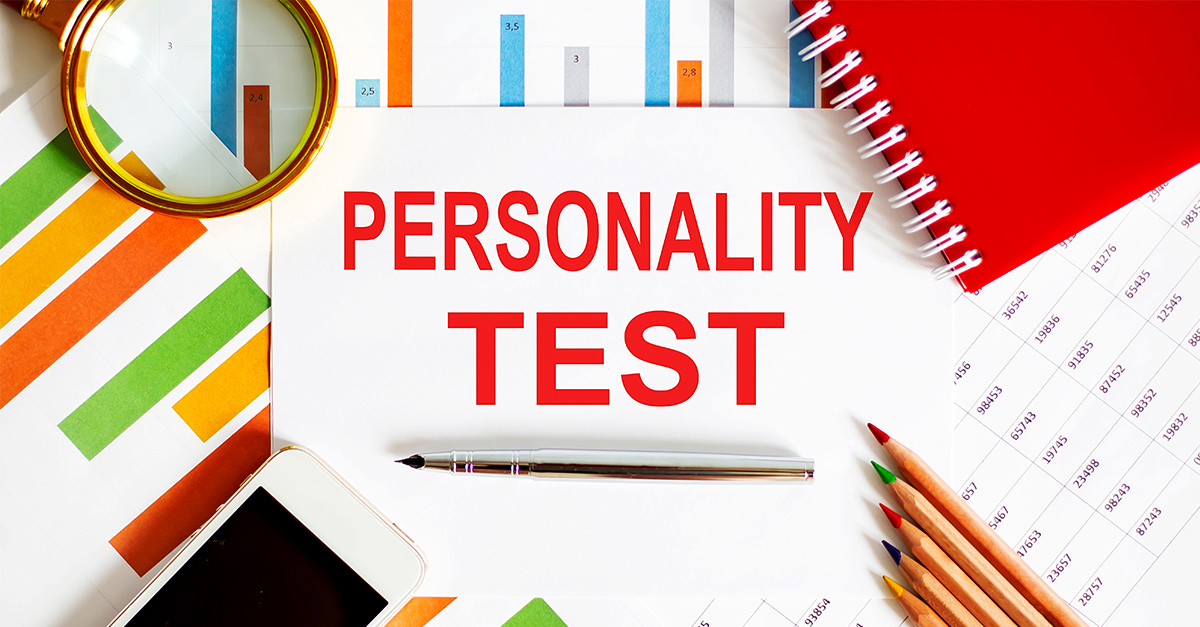


Get a free copy of Parental Rights & Education when you subscribe to our newsletter!

The Enneagram is billed as just another personality test, but with its roots in the occult and its growing popularity among some evangelical Christians, is this a “useful tool” that Christians should avoid?
Christians are people too. We live in this world, full of wonder and woe, just like everyone else. That might sound somewhat simplistic on its face, but it’s an important point. As people — as humans — Christians are not immune to passing fads, peer pressure, societal influences, and trends.
Christians also tend to be somewhat more introspective than most people. This is probably due to a healthy aspect of Christian discipleship that includes inward reflection on sin for the sake of repentance and a desire to know how to best “die to self” and serve the Lord.
But I think this Christian emphasis on introspection, when combined with natural human susceptibility, leaves Christians open to the fads of personality tests. Personality tests come in various shapes and forms, but in general, they all purport to offer insights into various aspects of an individual’s character, behavior, and preferences. And they promise that by gaining these insights, you will grow in self-understanding and unlock personal development.
Not all personality tests are the same. The Myers-Briggs Type Indicator is not the same as the Big Five Personality Test. In this article, I don’t want to focus on the wide variety of different personality tests out there, but one in particular: The Enneagram.
Why focus on the Enneagram? Two reasons. First, it is one of the most popular personality tests in America in general and it has been growing in popularity of late in evangelical Christian circles. In 2018, pastor Kevin DeYoung wrote:
“After being used for several decades in Catholic retreats and seminars, the nine-type personality tool has seen an explosion of popularity in evangelical circles. Since 2016, evangelical publishers have released at least three-full length books on the Enneagram: The Road Back to You: An Enneagram Journey to Self-Discovery (IVP 2016), The Sacred Enneagram: Finding Your Unique Path to Spiritual Growth (Zondervan 2017), and Mirror for the Soul: A Christian Guide to the Enneagram (IVP 2017). A new book—The Path Between Us: An Enneagram Journey to Healthy Relationships (IVP)—is set to release in April.
Beyond books, the Enneagram (pronounced any-a-gram) continues to receive a warm reception on a number of blogs and evangelical media outlets with articles like: ‘What All Christians Need to Know About the Enneagram’ and ‘The Never Ending Quest to Know Ourselves.’ In particular, Christianity Today has been a frequent advocate of the Enneagram, touting what the Enneagram has to offer Christians, how evangelicals can use it, and, just recently, how it can be a tool for pastors.”
That was in 2018. Today, in 2024, there is now an entire organization dedicated to syncretizing Christianity with the Enneagram, The Gospel for Enneagram, that regularly hosts “Gospel for Enneagram Virtual Summits” with prominent evangelical figures like Russell Moore and Scott Sauls.
The bottom line is that the Enneagram is very popular in Christian circles.
Second, out of all the personality tests out there, the Enneagram has some very concerning aspects to it that Christians, of all people, should be aware of. If the Enneagram is making inroads into Christianity, as it is, then we need a biblical worldview on the topic.
So, let’s consider what exactly the Enneagram is and then apply a biblical worldview to the question of whether Christians should embrace or reject it.
In the book The Road Back to You: An Enneagram Journey to Self-Discovery, the authors define the Enneagram like so:
“The Enneagram teaches that there are nine different personality styles in the world, one of which we naturally gravitate toward and adopt in childhood to cope and feel safe. Each type or number has a distinct way of seeing the world and an underlying motivation that powerfully influences how that type thinks, feels and behaves.”
The nine different personality types are: 1) The Reformer, 2) The Helper, 3) The Achiever, 4) The Individualist, 5) The Investigator, 6) The Loyalist, 7) The Enthusiast, 8) The Challenger, and 9) The Peacemaker.
Discovering and embracing your Enneagram type is supposed to help you by providing insight into your core motivations, fears, and patterns of behavior. This understanding can, allegedly, lead to personal growth, self-awareness, and improved relationships with others.
In short, that’s what the Enneagram is. But where does it come from?
The origins of the Enneagram are somewhat obscure. DeYoung explains that “While the ancient roots of the Enneagram are sketchy—maybe it started with a monk, maybe with Sufism, maybe with occult practices—most everyone agrees that the modern Enneagram entered America by way of the psychiatrist Claudio Naranjo, a student of a Chilean named Oscar Ichazo who rediscovered the Enneagram in the early 1970s.”
It’s important to note that both Naranjo and Ichazo were occultists. And as one author on this topic notes, “Ichazo claimed to have discovered the personality type meaning of the Enneagram when it was taught to him by the Archangel Metraton while he was high on mescaline.”
After this alleged encounter, Ichazo developed the system as a tool for “personal and spiritual growth,” drawing on various influences, including Sufism, Christianity, and Jungian psychology. He taught the Enneagram at his Arica Institute in Chile and later in the United States.
The aforementioned Claudio Naranjo was a Chilean psychiatrist and spiritual teacher who studied with Ichazo in the 1970s. Naranjo brought the Enneagram to the United States and began teaching it to psychologists and therapists, who then incorporated it into their work.
On a pro-Enneagram website, it is cited that Naranjo himself credited the occultic practice of “automatic writing” with his development of the Enneagram into the modern form that we know it as today. It explains that Naranjo “called the process of creating the Enneagram ‘automatic writing,’ which refers to the use of relaxed and enhanced states of consciousness to interlink concepts in his mind and subconsciousness to create a meta-structure of personality traits.”
Through Ichazo and Naranjo, and their students, the Enneagram “spread to various Catholic communities, especially in mystical and contemplative circles. Some of the promoters of the Enneagram include the former Jesuit Don Riso, the Franciscan friar Richard Rohr, and late Benedictine nun Suzanne Zuercher. In 1997, Riso co-founded the Enneagram Institute, an organization that helped bring the Enneagram to a broader audience.”
Since then, it has been popularized, sanitized, and even “Christianized,” as I pointed out in the introduction.
So should Christians use the Enneagram or not? That’s an answer for part 2 of this Biblical Worldview Series, which you can read here.
If you like this article and other content that helps you apply a biblical worldview to today’s politics and culture, consider making a small donation here.
Christian conservative news and issues that matter. Curated just for you!
